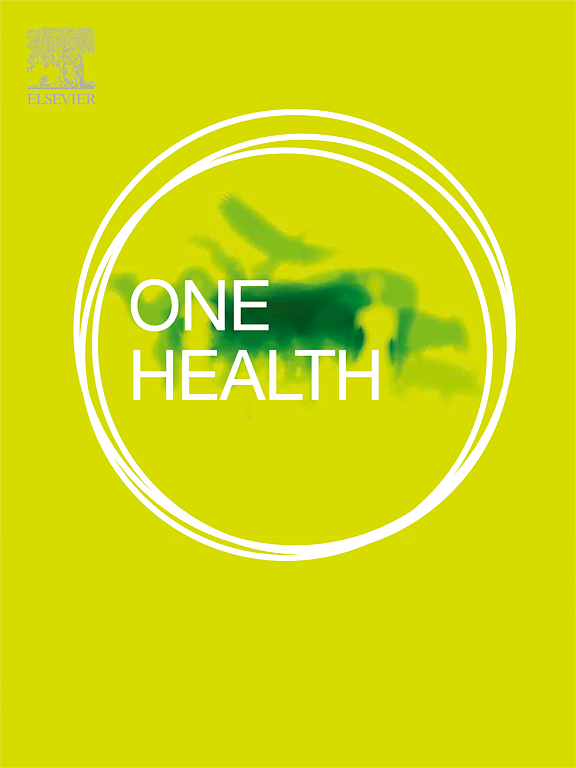One Health interventions and challenges under rural African smallholder farmer settings: A scoping review
IF 4.1
2区 医学
Q1 INFECTIOUS DISEASES
引用次数: 0
Abstract
The global human population is rapidly increasing, escalating interactions of people, animals and the environment. This has led to more convoluted health challenges, for which African smallholder farmers bear the brunt. The One Health (OH) approach recognises the interconnectedness of these health challenges and thus follows a transdisciplinary approach involving diverse stakeholders to address them. Although there have recently been global concerted efforts and studies on OH, an information gap exists in Africa, particularly regarding smallholder farmers and their needs. Additionally, evaluation frameworks and outcome metrics for OH initiatives are still unclear. Thus, this study was conducted to critically map the available evidence of OH initiatives in the lens of African smallholder settings and identify gaps and opportunities for optimally targeted interventions. An extensive article searches yielded 1479 references, with only 21 studies from 11 countries qualifying for this review. Implementation of OH initiatives involved the collaboration of diverse stakeholders at local, national, regional and global levels. Most of the reported stakeholders of the OH initiatives were largely UN agencies, CGIAR centres, non-governmental organizations and universities. More than half of the studies focused on zoonotic and human-animal shared diseases. Conversely, few studies focused on human or animal food and nutrition security; land degradations; livelihoods and well-being; antimicrobial resistance, water sanitation and hygiene; food safety; soil health; crop health; biodiversity loss; climate change and gender equity. Effective capacity building, risk mitigation, social benefits, economic benefits, improved animal health and welfare, improved human health and well-being and improved ecosystem health and resilience were identified as OH outcomes. Based on the many evidence gaps, the OH initiatives must address health challenges mostly encountered by smallholder farmers with an increased focus on food security and safety, especially under the ongoing climate change. However, the successful implementation of OH initiatives was constrained by weak governance and coordination structures, poor communication and information sharing, lack of integrated surveillance system, limited community engagement, lack of political will, inadequate resources and logistical support, limited multi-disciplinarity and divergent priorities. Additionally, the lack of consensus on evaluation framework and outcomes highlights the need for an integrated standard framework for developing and implementing OH initiatives and harmonised outcome evaluation metrics to avoid under- or over-estimation of OH benefits.

求助全文
约1分钟内获得全文
求助全文
来源期刊

One Health
Medicine-Infectious Diseases
CiteScore
8.10
自引率
4.00%
发文量
95
审稿时长
18 weeks
期刊介绍:
One Health - a Gold Open Access journal.
The mission of One Health is to provide a platform for rapid communication of high quality scientific knowledge on inter- and intra-species pathogen transmission, bringing together leading experts in virology, bacteriology, parasitology, mycology, vectors and vector-borne diseases, tropical health, veterinary sciences, pathology, immunology, food safety, mathematical modelling, epidemiology, public health research and emergency preparedness. As a Gold Open Access journal, a fee is payable on acceptance of the paper. Please see the Guide for Authors for more information.
Submissions to the following categories are welcome:
Virology,
Bacteriology,
Parasitology,
Mycology,
Vectors and vector-borne diseases,
Co-infections and co-morbidities,
Disease spatial surveillance,
Modelling,
Tropical Health,
Discovery,
Ecosystem Health,
Public Health.
 求助内容:
求助内容: 应助结果提醒方式:
应助结果提醒方式:


